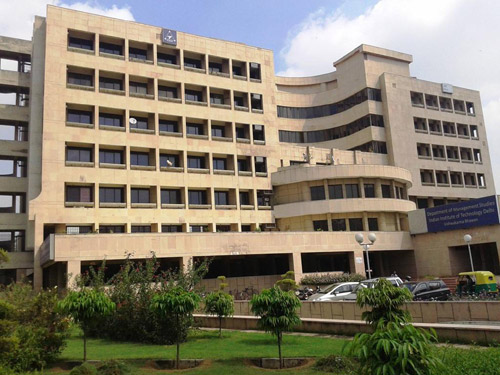 The Technology Information, Forecasting and Assessment Council (TIFAC), a technology think tank under the Department of Science and Technology has recently brought out a white paper on Focused Interventions for ‘Make in India’: Post COVID-19 based on the theme to “Provide Local Solutions for Global Challenges”. This white paper captures sector-specific strengths, market trends, and opportunities in five (5) sectors, critical from country’s perspective, include healthcare, machinery, ICT, Agriculture, manufacturing, and electronics with reference to supply and demand, self- sufficiency and production capacity of technologies. This white paper defines policy recommendations in identified sectors of thrust, which would further catapult the Indian economy and eventually make our country “ATMANIRBHAR”. Similarly, TIFAC has also brought out another important report on Active Pharmaceutical Ingredients (APIs) focusing on Indigenous production of APIs and their scaling up to a level where the production is economically viable. This report also has identified a list of APIs that need prioritized manufacturing to exploits its associated advantages.
The Technology Information, Forecasting and Assessment Council (TIFAC), a technology think tank under the Department of Science and Technology has recently brought out a white paper on Focused Interventions for ‘Make in India’: Post COVID-19 based on the theme to “Provide Local Solutions for Global Challenges”. This white paper captures sector-specific strengths, market trends, and opportunities in five (5) sectors, critical from country’s perspective, include healthcare, machinery, ICT, Agriculture, manufacturing, and electronics with reference to supply and demand, self- sufficiency and production capacity of technologies. This white paper defines policy recommendations in identified sectors of thrust, which would further catapult the Indian economy and eventually make our country “ATMANIRBHAR”. Similarly, TIFAC has also brought out another important report on Active Pharmaceutical Ingredients (APIs) focusing on Indigenous production of APIs and their scaling up to a level where the production is economically viable. This report also has identified a list of APIs that need prioritized manufacturing to exploits its associated advantages.
This is the most recent instance where the technology think tank has played a crucial role in designing the economic recovery path of the country, keeping track to the upcoming technology trends to stay updated.
Earlier, TIFAC had prepared the Technology Vision 2035 document capturing the aspirations of Indians and mapped them with the technology needs. Hon’ble Prime Minister Shri Narendra Modi released this document while inaugurating the 103rd Indian Science Congress in Mysuru on 3rd January 2016. TIFAC has also taken up the task to prepare the technology roadmaps for twelve sectors of national priorities and importance towards achieving the vision “Technology in the service of India: ensuring the security, enhancing the prosperity and strengthening the identity of every Indian”. Technology Roadmaps of seven sectors viz. Education, Medical Science & Health Care, Materials, Manufacturing, Transportation, Information & Communication Technologies (ICT), Water have been released so far, and the remaining five more sectors, i.e., Food and Agriculture, Energy, Environment, Habitat, and Infrastructure are under finalization.
TIFAC was formed as a registered Society in February 1988 under the Department of Science and Technology and is an autonomous body as per the recommendation of the Technology Policy Implementation Committee (TPIC) in 1985 and subsequent cabinet approval in 1986. It was mandated to assess the state-of-art of technology and set directions for future technological development in India in important socio-economic sectors.
As a unique knowledge network institution in India, TIFAC activities encompass a wide array of technology areas and fill the critical gaps in the overall S&T system in India. The organization has carried out technology foresight exercises, facilitated and supported technology innovation towards commercialization, technology upgradation of homogenous MSME clusters, prepared technology linked business opportunity reports, and has facilitated IP creation in the country. TIFAC also has international collaboration with International Institute for Applied Systems Analysis, Austria. Erstwhile, TIFAC implemented many mission mode programmes like Umbrella Scheme of TV 2020 Mission Mode Projects, Fly Ash Mission, Advanced Composite Mission, Sugar Technology Mission very efficiently.
TIFAC is involved in the preparation of technology impact assessment reports with a view to uncover the likely implications and consequences, both desirable and undesirable, of the existing as well as newly emerging technologies upon society.
Through its programmes and activities, TIFAC has established purposeful linkage between technology development and technology adoption and continues to identify priority areas of research in relation to the socio-economic, environmental, and security needs of the country.






























